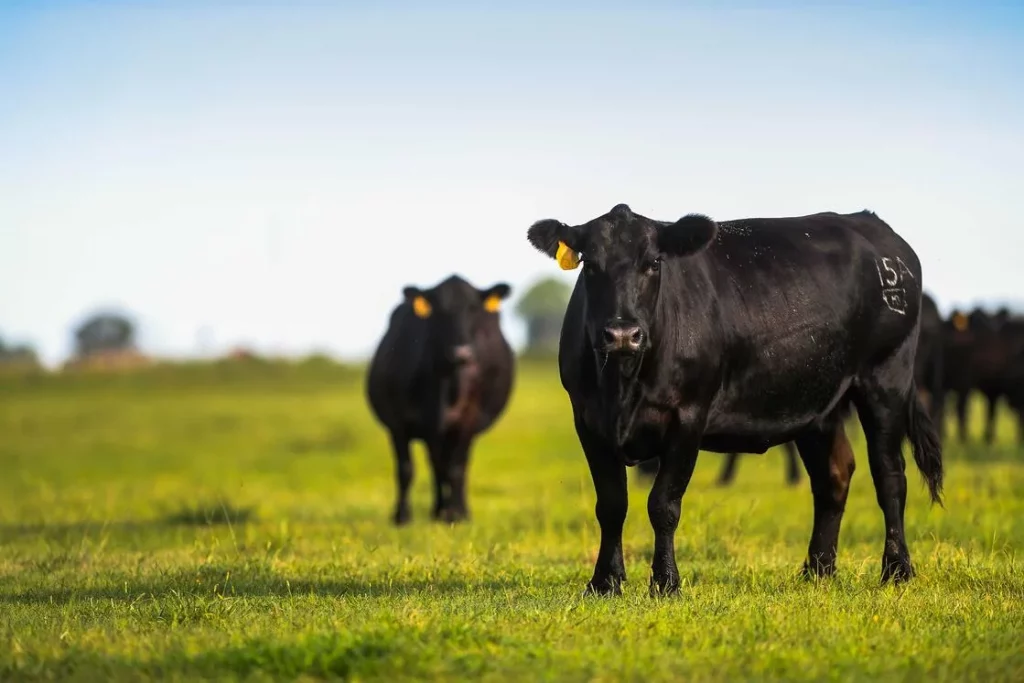
Mark Johnson, Oklahoma State University Extension Beef Cattle Breeding Specialist, offers herd health advice as part of the weekly series known as the “Cow Calf Corner” published electronically by Dr. Peel, Mark Johnson, and Paul Beck. Today, Johnson talks about the cattle industry’s impact on climate change.
At the recently completed Blueprint For The Future Cattlemen’s Conference, I had the opportunity to interview Dr. Frank Mitloehner. Dr. Mitloehner is a professor and air quality specialist in cooperative extension in the Department of Animal Science at the University of California, Davis. As such he shares his knowledge and research, both domestically and abroad, with students, scientists, farmers and ranchers, policy makers, and the public at large. Dr. Mitloehner served the keynote speaker at the conference banquet and is highly regarded as the “greenhouse gas guru” and an advocate for animal agriculture. He collaborates with animal agriculture to create better efficiencies and mitigate pollutants. His focus is on understanding and mitigating air emissions from livestock operations, as well as studying the implications of these emissions on the health of farm workers and neighboring communities. In addition, he is focused on the food production challenge that will become a global issue as the world’s population grows to nearly 10 billion by 2050.
Dr. Mitloehner made the following points in his presentation:
- The most concerning greenhouse gas from animal agriculture is methane. Cattle (as a ruminant animal), swamps and even more sources produce methane. Methane is quite different from other greenhouse gases because it is naturally destroyed within about 10 years. While there is a constant source of methane produced by cowherds, it is not contributing to additional global warming because a similar amount of what is produced is also destroyed. The same is not true of other greenhouse gases, like vehicle emissions, which accumulate in the atmosphere.
- Furthermore, as a result of his work, California Dairy herds have actually been successful in reducing the amount of methane produced and in some cases, as a result of covering lagoons to trap biogas (much of which is methane) it is being converted into transportation fuel. As such, it has turned into a second “cash crop” for these Dairy operations.
- Decreasing methane emissions will decrease global warming. This means the cattle industry can be part of the climate solution because there are ways to reduce methane that are cost-effective and have positive impact on climate.
- Dr Mitloehner’s most important “take home” message was that this is a positive news story for the beef industry and cattle producers which we should embrace.
Reference: clear.ucdavis.edu














